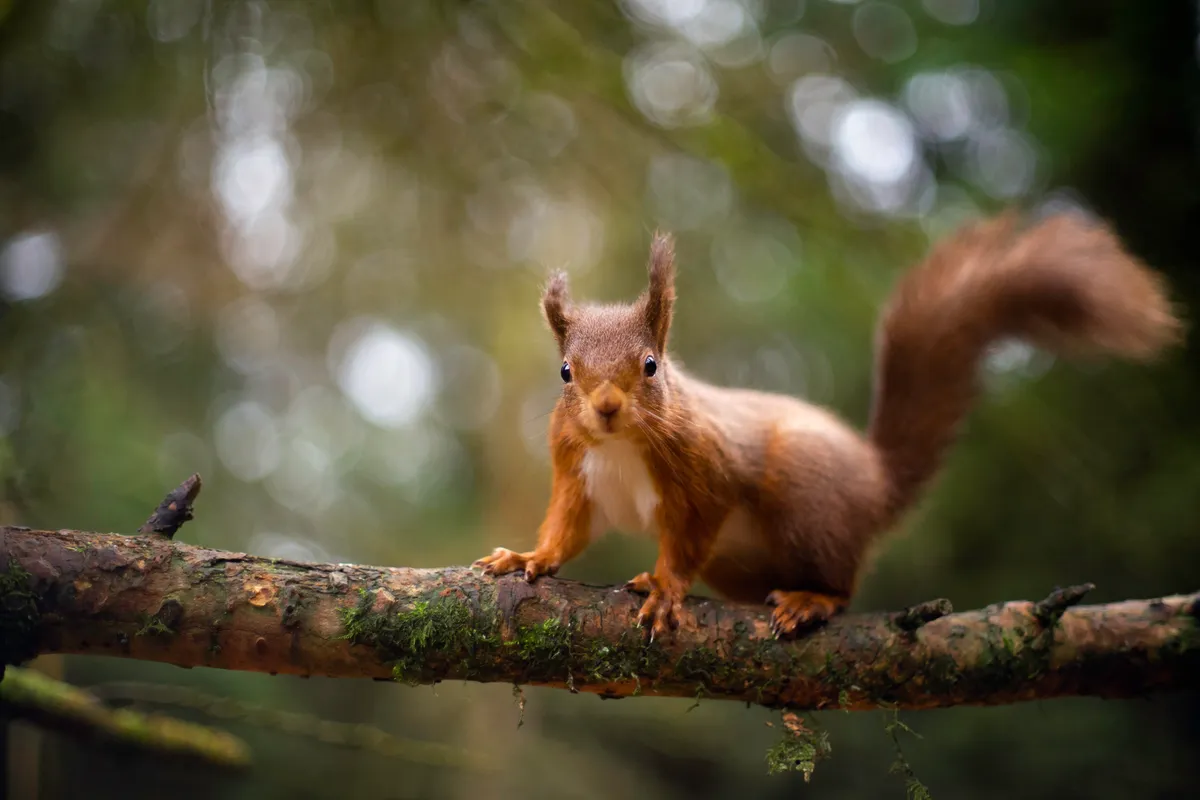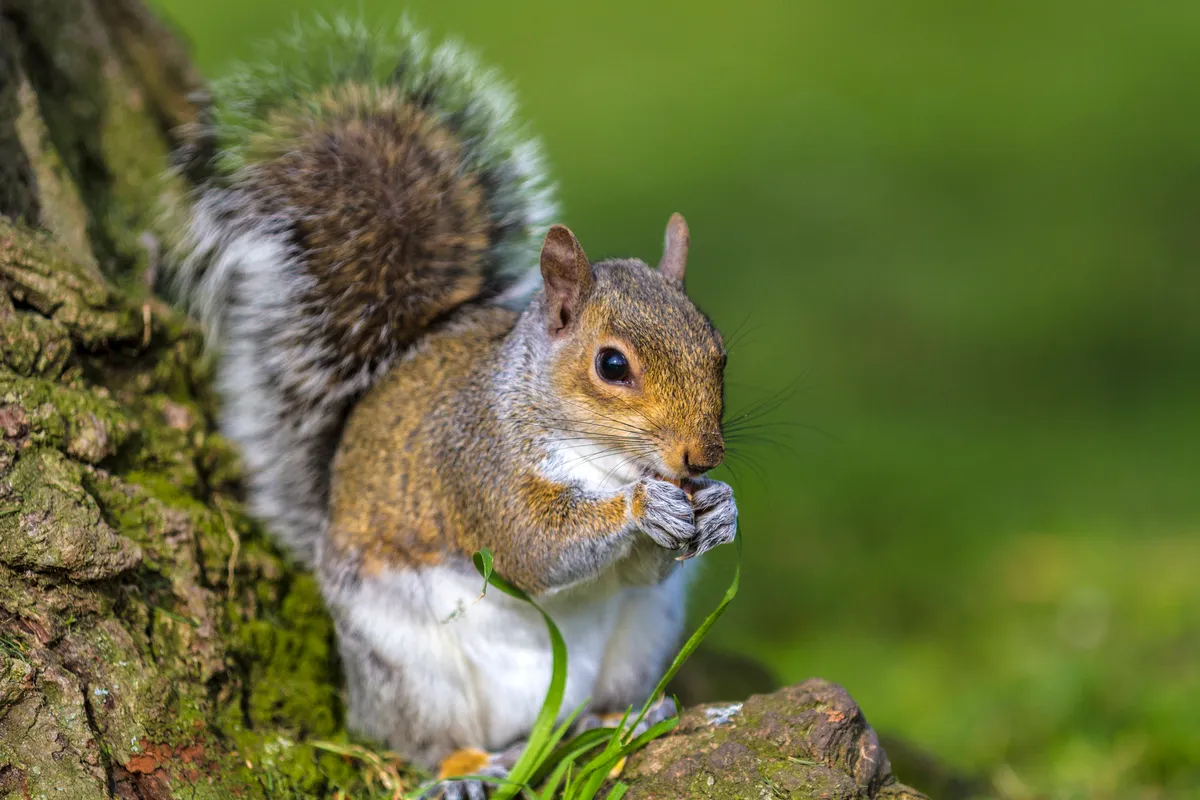Researchers from Queen’s University Belfast and National Museums Northern Ireland have been studying the interactions between pine martens, red squirrels and grey squirrels.
They found that the lack of forest cover and urban refugia would limit the ability of pine martens to predate on grey squirrels and would result in isolated grey squirrel populations persisting in urban areas.
“The ability of the pine marten to control the grey squirrel and help red squirrel recovery in Ireland and Britain is limited by three things; its ongoing recovery, the lack of forest cover on the islands and the presence of urban refugia,” explains Joshua Twining, lead author of the study and researcher from the School of Biological Sciences at Queen’s University
Belfast.
“At present, Ireland and Britain are among the least forested countries in Europe with only 11% and 13% of forest cover respectively. The pine martens’ sphere of influence is largely limited to its forested havens.”

The researchers used camera trap data from citizen scientists in woodlands across Northern Ireland, in both urban and non-urban areas. From this data, the team was able to create models to predict the future distribution of the three species.
Grey squirrels are likely to persist in urban parklands and may develop novel genotypes. If these result in successful pine marten avoidance behaviours, then grey squirrels could return to rural areas and threaten red squirrel populations again.

The research team suggests a range of actions could be taken to control grey squirrel populations, including increased afforestation and restoration of old-growth conditions to existing forestry to allow pine marten populations to continue recovering. In addition, human led control efforts in urban refuges may be needed, alongside education campaigns to increase awareness of the dangers of invasive species and the benefits of predator recovery.
“As the pine marten does not occupy urban areas anywhere within its European range, it is not likely to be the sole solution to the invasive grey squirrel,” adds Twining. “If action is not taken to support the pine marten in the long run, we may see a reversal of their current success, and doom our native red squirrels.”
